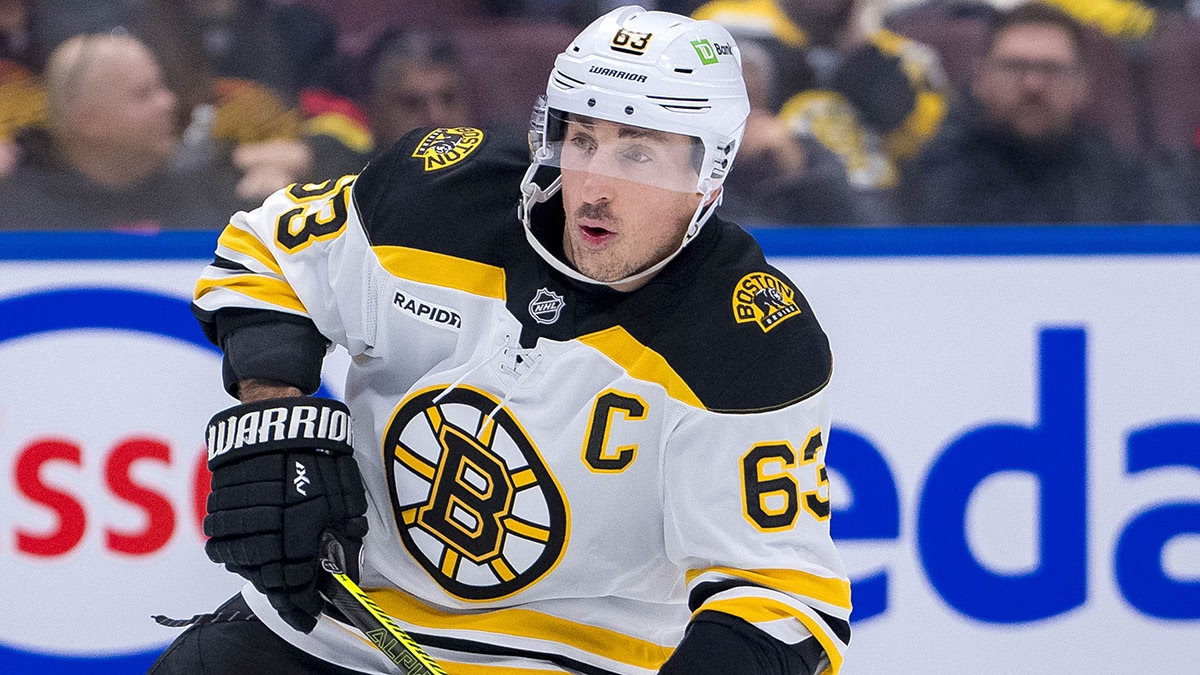Sweeney explains Bruins’ decision to trade Marchand to Panthers originally appeared on NBC Sports Boston
The Boston Bruins traded away their captain and a franchise legend at Friday’s NHL trade deadline.
Brad Marchand was dealt to the rival Florida Panthers in exchange for a 2027 conditional second-round draft pick. This pick will become a 2027 or 2028 first-round pick if Florida wins two rounds in the 2025 Stanley Cup Playoffs and Marchand appears in at least 50 percent of the team’s playoff games. The B’s also retained 50 percent of Marchand’s salary.
Marchand’s departure marks the end of an era for the Bruins. He was the last player remaining from the team that won the 2011 Stanley Cup championship.
The Bruins and Marchand’s representatives tried to get an extension done, but the two sides weren’t able to work out something before the trade deadline.
Why was an extension not reached?
“(We) just had a gap. Deep down we had been talking really from Day 2 of free agency in terms of what his intentions were and where we were at,” Bruins general manager Don Sweeney told reporters at a press conference Friday. “And we always had a bit of a term gap that took us a while, and felt that we had been able to bridge that.
“But again, a player is more than entitled to have an understanding of what they think their market value is and do what’s best for them. And I have to always respect that. There’s never an ounce of me that won’t respect what that player thinks is best for him and his family. And that’s a decision that was made.
“And then we had to make a really, really difficult decision to say, well, let’s give Brad another opportunity (to win a Stanley Cup) with a really good team and then he can make his decision on what he thinks is best moving forward (after the season).”
The return for Marchand was a bit underwhelming. But in fairness to the Bruins, it didn’t help that Marchand suffered an upper body injury in last week’s win over the Pittsburgh Penguins. Marchand could miss three to four weeks, per Sweeney.
“With his injury, it complicates things a little bit,” Sweeney said. “You’re just basically talking to the teams that are willing to take on that risk and the position that they’re in, comfortable that he’s going to miss the timeline that’s likely. You work through it and find out who’s willing to take that and do the best job you can for the organization.
“Ultimately, once the gap was there that he…

